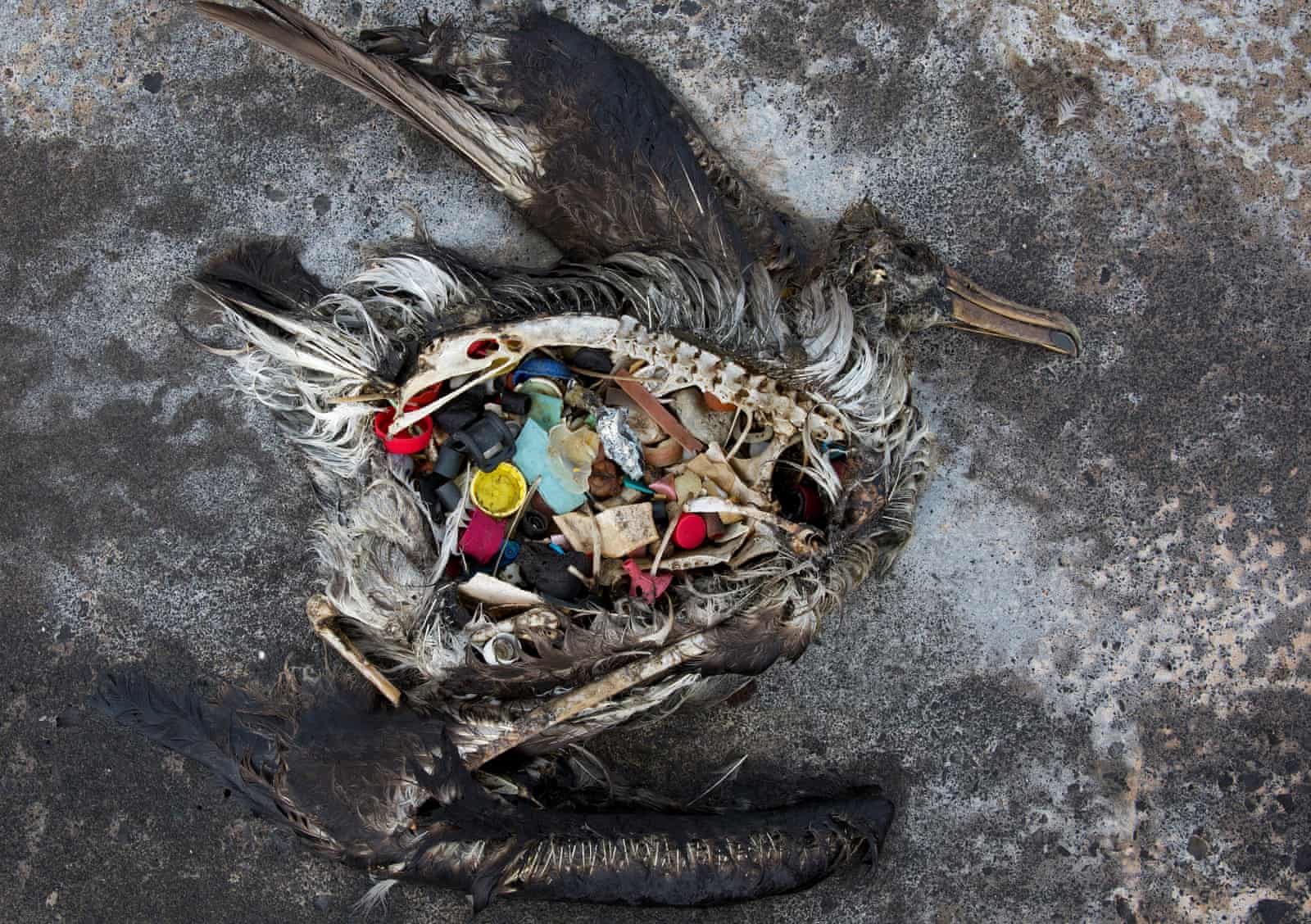Guilty of using plastic straws for your chilled coffee? Even if you are not, many others are. Single-use plastic straws were found to be the seventh most collected item during a beach clean up, and the eighth-most common ocean trash. This is appalling as it not only reveals our reliance on plastic straws but also our lack of responsibility in disposing of waste.
Undoubtedly, plastic is a man-made product, unreplicable by nature. Plastic straws are typically made of type 5 plastics (polypropylene) which contain additives such as phthalates and Bisphenol A (commonly known as BPA) (Panagaes, 2019). Upon decomposition, the toxic chemicals, like BPA, are released into the environment. These chemicals affect our hormonal system by inflammation of selective membranes and potential gene mutations due to certain biological processes.
Between humans and animals, the latter is more likely to be affected by the toxicity of plastics as they may ingest them by accident. The animals thus have direct contact with the toxic chemicals as the chemicals are released within their digestive systems (Panagaes, 2019).
The problem with straw disposal is its weight and its low cost of production. According to Mosquera, while viable, recycling factories are unwilling to recycle plastic straws due to their lightweight. Being extremely light and small, plastic straws pose a problem to recycling machinery as they may fall through the cracks and disable the machines. To not recycle plastic straws because of such a reason is disappointing as the technology for proper disposable is available, yet due to mere inconvenience, millions of marine animals and birds were killed over the years.
Plastic straws are also very cheap to produce. This cheap solution for people to consume their drinks conveniently rose in popularity after World War 2. When the war just ended and people found this convenient and cheap solution, research on the detriments of plastics were not well developed. Eventually, it became too late when scientists uncovered the truth about plastics as people have become overly reliant on them. The amount of plastic straws produced has already proliferated all around the world.
All is not lost. In recent years, activists and major food brands have proposed and joined in on the straw ban. While this does not reduce the total amount of toxicity in the world caused by plastic straw decomposition, it helps to slow down the rate of pollution. Hopefully, somewhere in the near future, suitable technologies can be developed to disintegrate plastic completely.


No comments:
Post a Comment